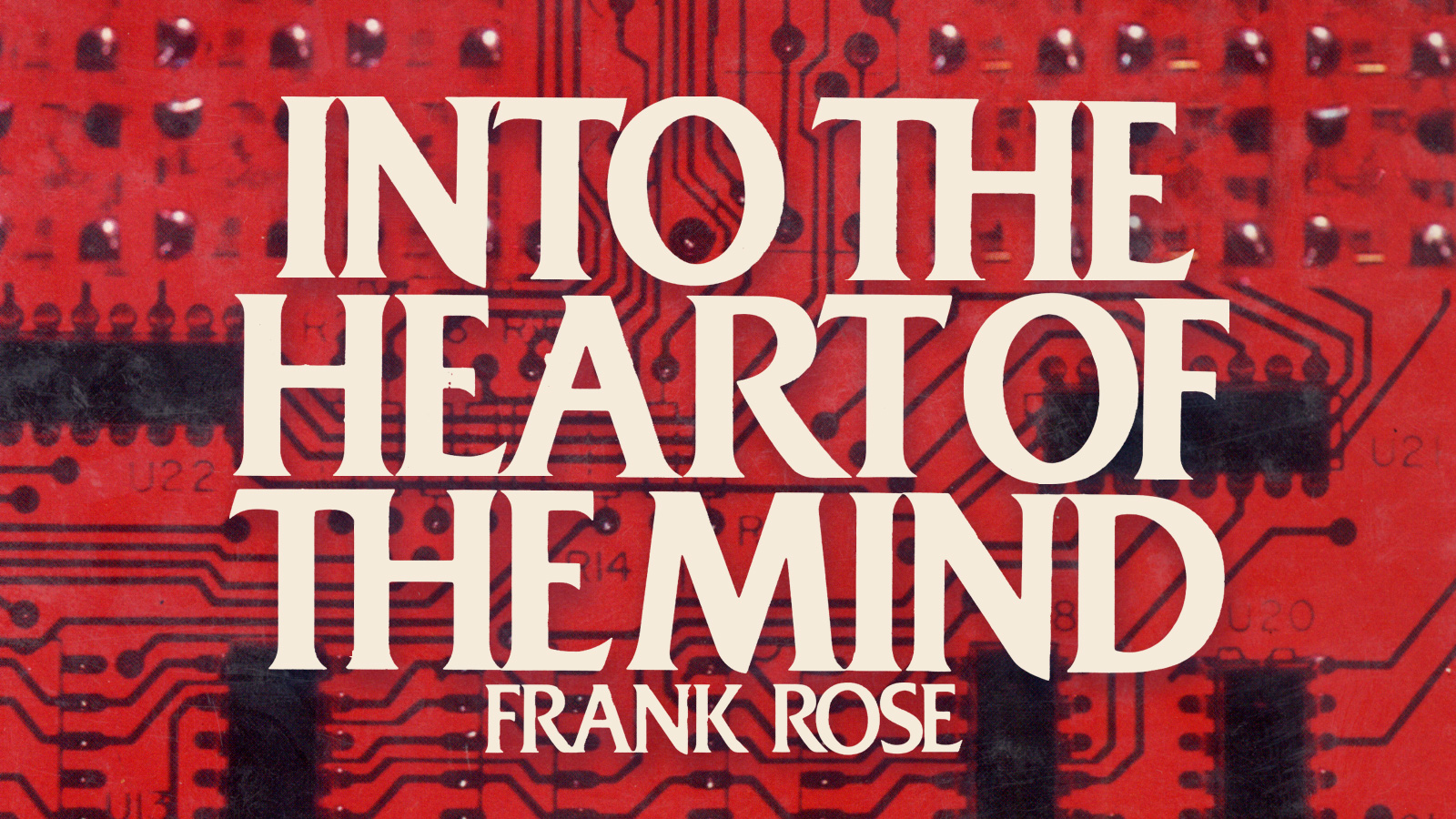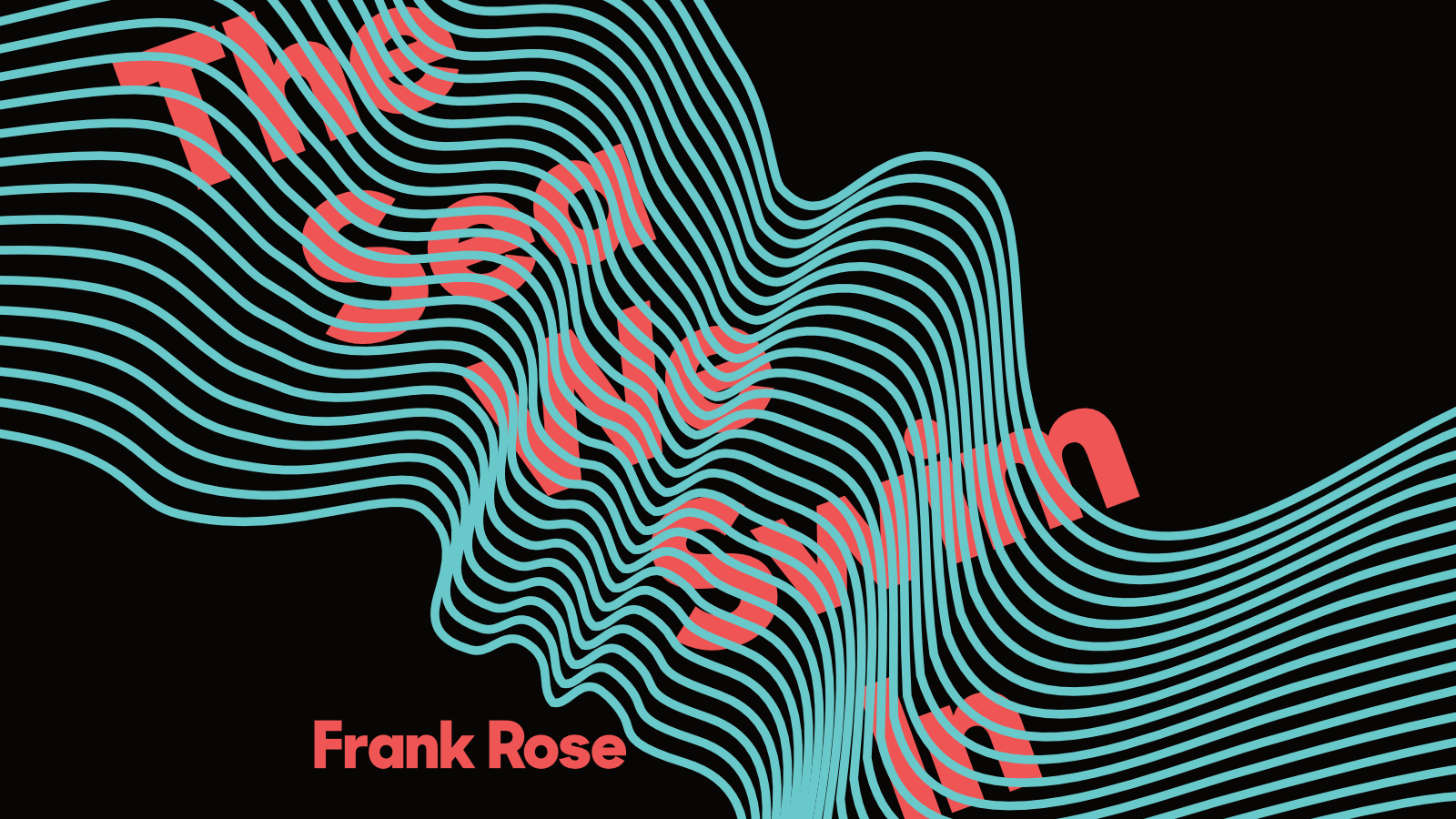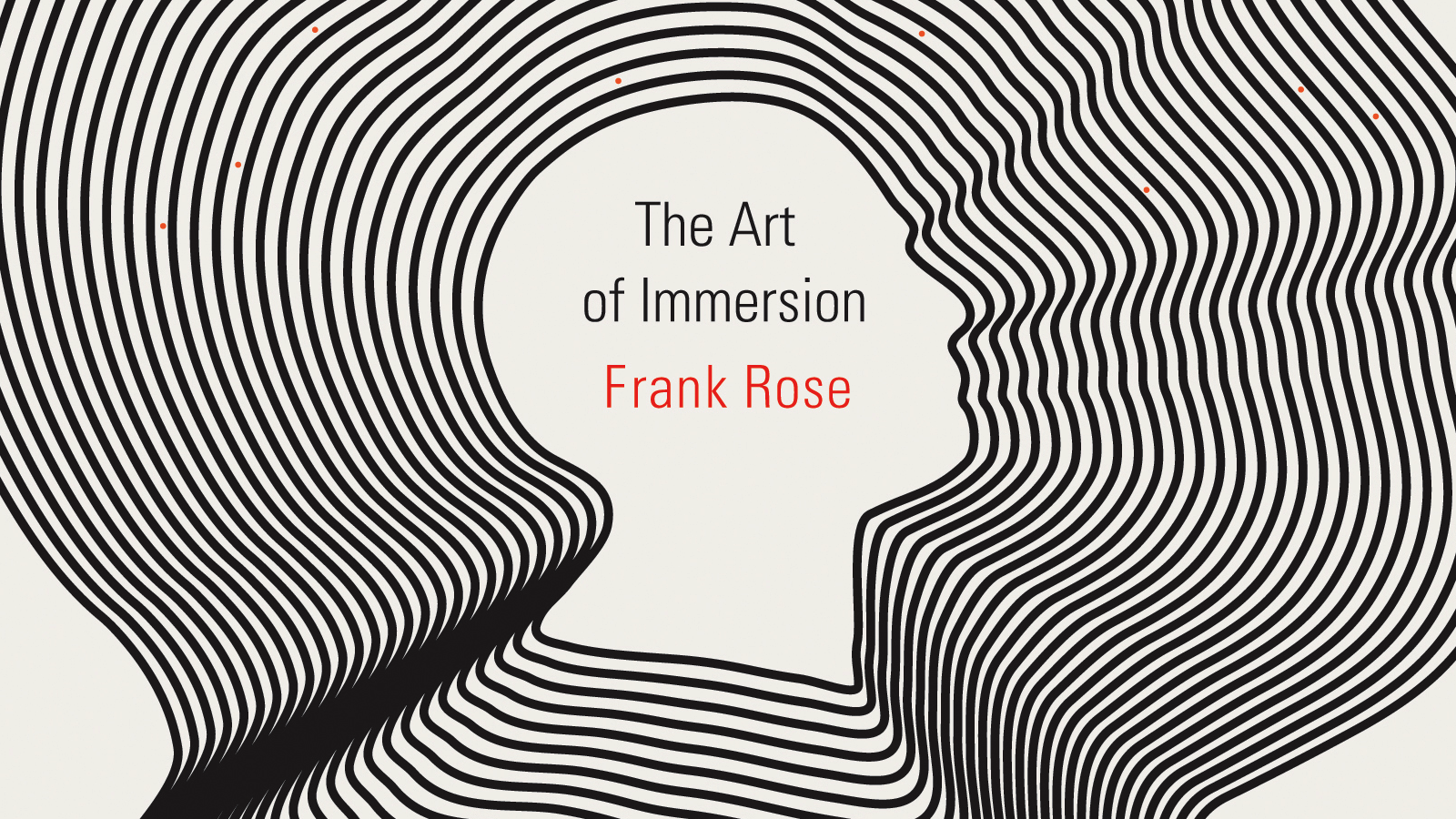Into the Heart of the Mind
An American Quest For Artificial Intelligence
"A good, accessible report for the general reader on one of the most bizarre fascinations of modern science."
— Theodore Roszak, San Francisco Chronicle"Lucid and authoritative . . . it demystifies a disturbing subject. . . . No one knows how the cognitive areas [of the brain] work: how vision is interpreted, memory is stored, or thought is processed. No one even knows what thought is. Consequently, computer simulations of the brain are attempts to imitate the unknown."
— The Washington Post"An excellent job of demystifying the AI research community."
— The Houston Post"A science book that reads like a novel . . . fast-paced and fact-filled. "
— BooklistFOR DECADES, some of the best scientific minds in the world have been competing to create artificial intelligence. But the approach they’re taking today—the approach that’s yielded such breakthrough programs as ChatGPT and seen startups like OpenAI and Anthropic reach valuations in the billions of dollars—is dramatically new. In the early 1980s, in a cramped laboratory tucked away in the Berkeley engineering school, another such team was trying it the hard way. “Machine learning” was a thing of the future. Like researchers at other AI labs at the time, they had to program the computer with everything it knew. Their goal was to teach a minicomputer named Kim No-VAX to think—not just to shuffle data but to learn, reason, remember, understand English, and exhibit what we call “common sense.” But first they had to get it to put on a raincoat before going outside in the rain.
National best-seller ● Excerpted in Esquire as “The PANDORA Project” ● Profile of AI skeptic Hubert Dreyfus adapted from the book for Science 85 ● Also published in France, Germany, India, Japan, the Netherlands and the UK
How Stories Work in a Data-Driven World
"A brilliant and deceptively simple guide to narrative thinking, and why narrative thinking is changing the way we shop, the way we vote, the way we feel, and the way we perceive the world around us . . . It is such a fascinating and in many ways a new way to look at reality."
— John Fugelsang, SiriusXMBUILDING ON INSIGHTS from cognitive psychology and neuroscience, ‘The Sea We Swim In’ shows us how to see the world in narrative terms, not as a thesis to be argued or a pitch to be made but as a story to be told. This is the essence of narrative thinking. More about this book...
How the Digital Generation Is Changing Hollywood, Madison Avenue, and the Way We Tell Stories
"Himself a master of good old-fashioned narrative, Frank Rose has given us the definitive guide to the complex, exciting, and sometimes scary future of storytelling."
— Steven Levy, author of "Hackers" and "In the Plex"NOT LONG AGO WE WERE passive consumers of mass media. Now we approach television, movies, even advertising as invitations to participate. We are witnessing the emergence of a new form of narrative that is native to the Internet. More about this book...









